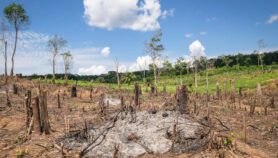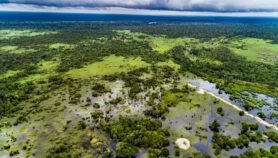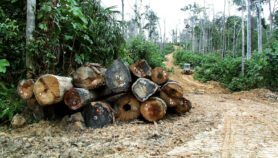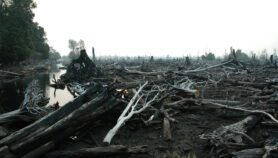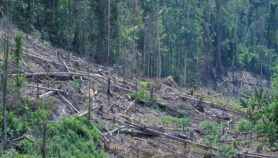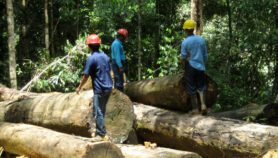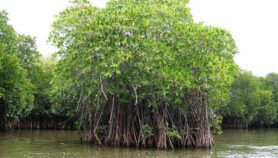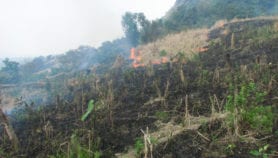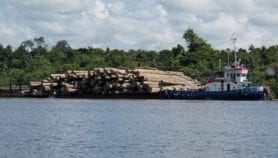Send to a friend
The details you provide on this page will not be used to send unsolicited email, and will not be sold to a 3rd party. See privacy policy.
[BALI/BEIJING] Incentives to tackle deforestation and forest degradation can play a key role in combating climate change and requires a strong policy framework that is fair to poor communities, says a new report.
The report from the Center for International Forestry Research (CIFOR), was launched today (7 December) at the UN climate meeting in Bali, Indonesia.
It states that "an appropriate policy framework to reduce carbon emissions from deforestation and degradation (REDD) would help prioritise areas with high deforestation risk and high carbon content, while ensuring the sustained well-being of forest-dependent communities".
Under the REDD scheme, developing nations could earn billions of dollars through carbon trading by simply leaving forests, such as those in Indonesia and the Amazon and Congo basins, untouched.
The authors of the report say REDD can help reduce carbon emissions if financial incentives are sufficient to overturn the political and economic causes of deforestation.
Frances Seymour, director general of CIFOR and one of the authors, hopes the report will help ensure that any initiatives to stop deforestation emerging in future climate change agreements are firmly grounded in reality.
She highlighted the need to properly consider the effects on poor forest communities. "For the system to be effective, we will need new mechanisms for allocating payments that are efficient as well as fair," Seymour told SciDev.Net.
Seymour said the most feasible techniques to monitor emissions from deforestation were remote sensing of changes in forest cover, combined with robust verification of forest types on the ground and the associated carbon stocks.
Emil Salim, head of Indonesia’s delegation of climate change negotiators, said his country wants REDD to become an alternative option to Kyoto Protocol’s Clean Development Mechanism, which could help it financially manage its forestry sector better.
CIFOR have also launched a Climate Change and Forest Initiative, focusing on the governance of forest in the global adaptation to and mitigation of climate change.
A seminar on the initiative was held this week (4 December) at the annual general meeting of the Consultative Group on International Agricultural Research (CGIAR) in Beijing, China.
Delegates heard how the initiative aims to develop monitoring protocols, standards and tools for evaluating adaptation measures in tropical forest ecosystems.
For mitigation, the initiative will analyse policies, institutional arrangements and reward schemes for a cost-efficient and pro-poor REDD mechanism.
Frances Seymour, speaking at the seminar, said that a key component is to incorporate REDD at the national level.
"The role of forest in fighting climate change has long been widely understood, but so far, the failure to include forest in the goal has been largely due to the lack of real governance that can clearly evaluate the trade-offs between different factors involved in conserving forest to curb global warming."


